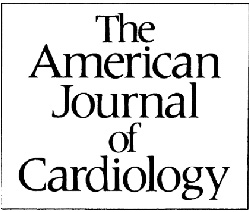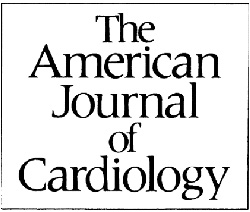Nauwkeurig differentiëren tussen alvleesklierkanker en chronische pancreatitisDuctaal pancreasadenocarcinoom (PDAC) is een dodelijke maligniteit. PDAC onderscheiden van chronische pancreatitis (CP) is momenteel in ongeveer een derde van de gevallen onnauwkeurig. Patiënten met PDAC hebben na diagnose een slechte prognose, snel ingrijpen is gewenst. En bij een pancreatitis, wanneer deze onterecht wordt gediagnostiseerd als een maligniteit, is een operatie niet noodzakelijk. Verkeerde diagnoses […]


